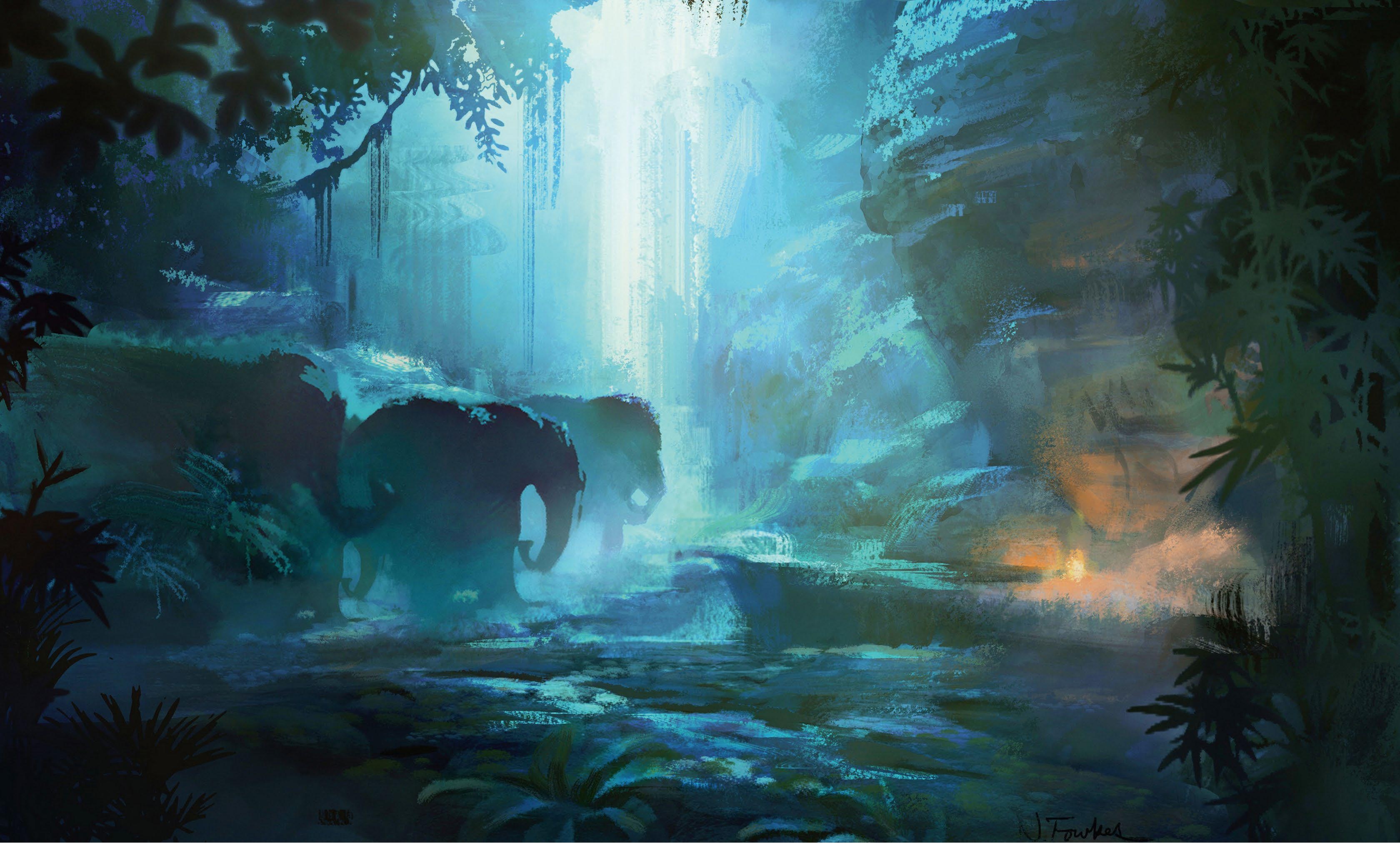
During the course of his stellar career, concept artist and teacher Nathan Fowkes has already witnessed huge changes in terms of how artists work. And while the industry is on the threshold of even bigger innovations, he explains to us how the humble sketchbook is still immensely valuable to students and professionals alike.
Tell us a little about your artistic background. How did you get started, and what path has your career taken?
My career has been such an interesting ride because I started back in the early 90s before the big animation and video game boom, and before concept art was really a thing. So no one was teaching those things, I just knew I wanted to do what I thought of as imaginative art.
Early on, going into art school at the Art Center College of Design based in Pasadena, I thought I would do things like book cover art and illustration, but then when I graduated in 1995, opportunities were starting to appear in entertainment art, and that was absolutely the place for me. Getting paid to do splashy, imaginative art? It's exactly what I'd hoped to do.
I started out doing theme park show design at a company that contracted out to Disney, Universal and overseas theme parks, but two years into it I had an opportunity to show my portfolio at DreamWorks Animation. I'd always thought of animation as being too cartoony for the more painterly type of work I enjoy doing, but when I saw the development artwork DreamWorks was already doing for their epic The Prince of Egypt, I completely forgot about my theme park job and just had to get hired to work on this painterly and atmospheric epic. I made it onto the show and that was the crossroads of my whole career.
How has your art developed over the years, and what has been behind those changes?
This story is from the {{IssueName}} edition of {{MagazineName}}.
Start your 7-day Magzter GOLD free trial to access thousands of curated premium stories, and 9,000+ magazines and newspapers.
Already a subscriber ? Sign In
This story is from the {{IssueName}} edition of {{MagazineName}}.
Start your 7-day Magzter GOLD free trial to access thousands of curated premium stories, and 9,000+ magazines and newspapers.
Already a subscriber? Sign In
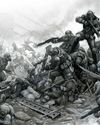
PAINT EPIC BATTLES IN TRADITIONAL INK
Warhammer illustrator THOMAS ELLIOTT shows you how to create an epic science fiction fight scene with this step-by-step guide
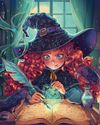
CONJURE MAGIC ILLUSTRATIONS
Daria Anako demonstrates her process for creating a whimsical piece of art with some spellbinding touches
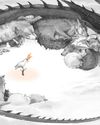
First Impressions
We discover the early influences that inspired the artist
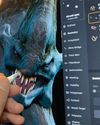
ZBrush for iPad
GAME CHANGER The desktop version of popular 3D sculpting software ZBrush has been redesigned for iPad - and it's brilliant

BenQ GW2786TC
GET AN EYEFUL Don't scrimp out on your health with a monitor that's kind on the eyes and good for creative tasks
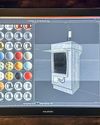
Huion Kamvas Pro 19
TABLET WARS An attractive pen display does an excellent job of balancing price and performance as it sets out to challenge its rivals in the mobile marketplace
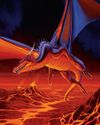
DRAGON OFORCEC
Legendary D&D artist Larry Elmore explains the keys to crafting timeless fantasy art.
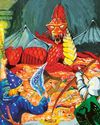
DUNGEON MASTERS
ImagineFX marks the milestone 50th anniversary of the launch of Dungeons & Dragons with a look at its rich tradition of illustration
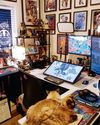
Erik Ly
Gamer's haven Why the artist enjoys a maximalist aesthetic more than the minimalist approach.
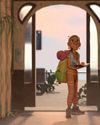
2D meets 3D: How the workflows are merging
Interdimensional As VFX and animation evolve and tools become more accessible, Tanya Combrinck asks whether the separation between the mediums is reducing